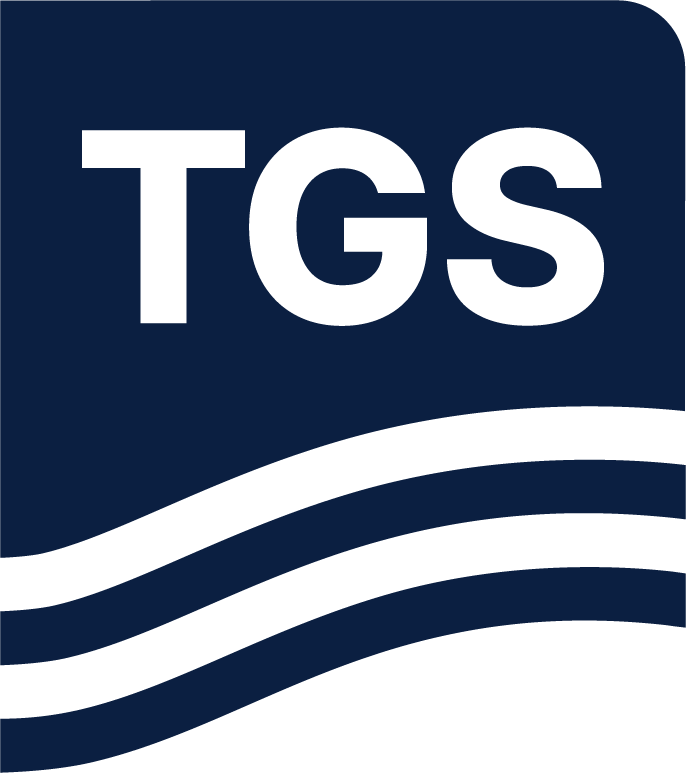Paper Summary
Due to inherent benefits such as ultra-long offset, full azimuth (FAZ) illumination and low-frequency availability, a large multi-client sparse-node survey was acquired in the Gulf of Mexico aimed at Full Waveform Inversion (FWI) oriented model improvements. A six-source simultaneous shooting acquisition was used to reduce survey time and increase source density. The heavy blending noise resulting from this acquisition configuration brings challenges for proper FWI performance. We applied a Dynamic Matching FWI (DMFWI) algorithm that concentrates on inverting the kinematic difference and suppressing the noise impact, which was applied to the acquired raw sparse node data without conducting any pre-processing. Our success in achieving a complete upgrade for both sediment and salt confirms the effectiveness of this approach in solving velocity issues under challenging signal-to-noise ratio conditions.

